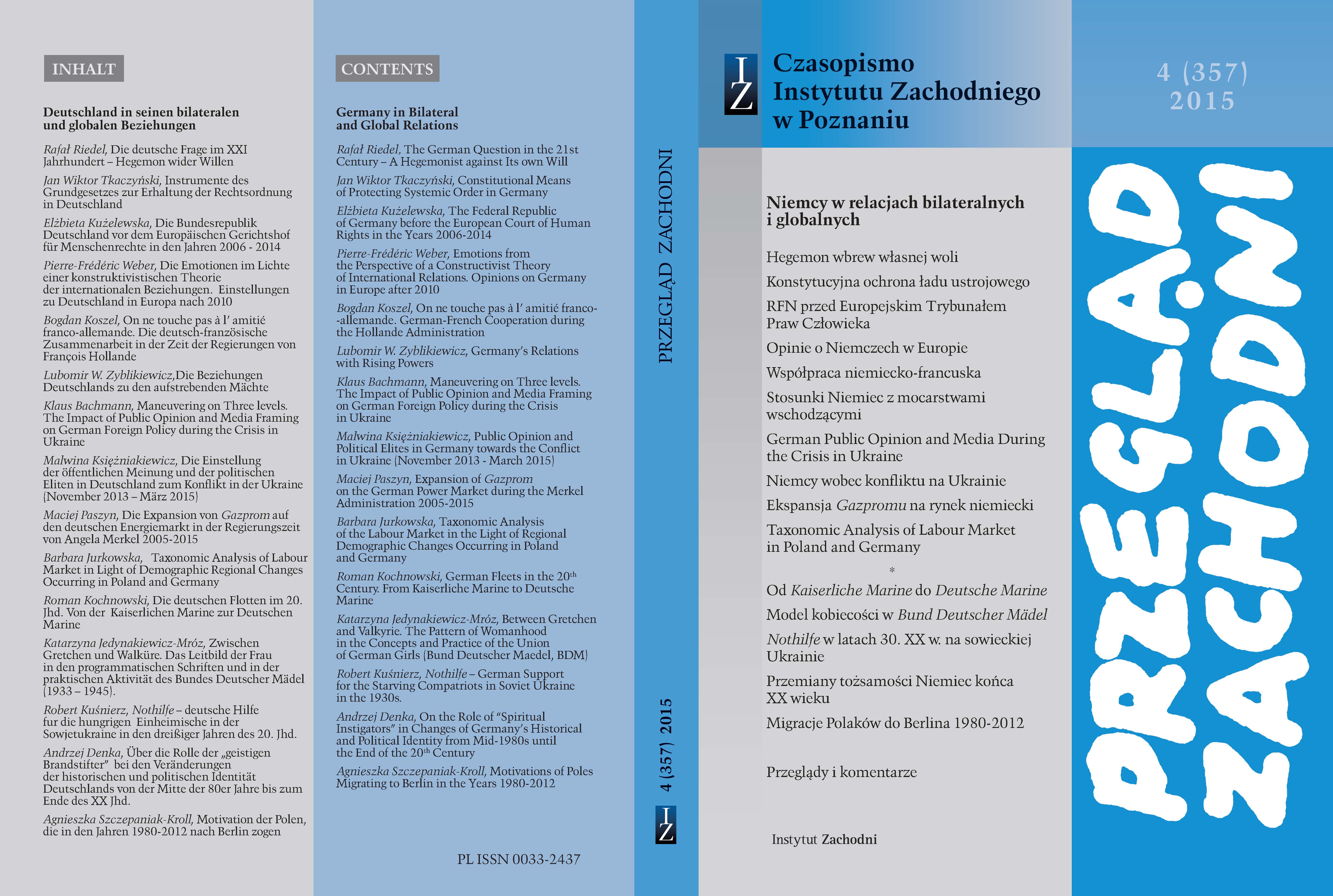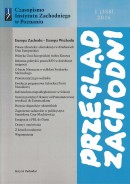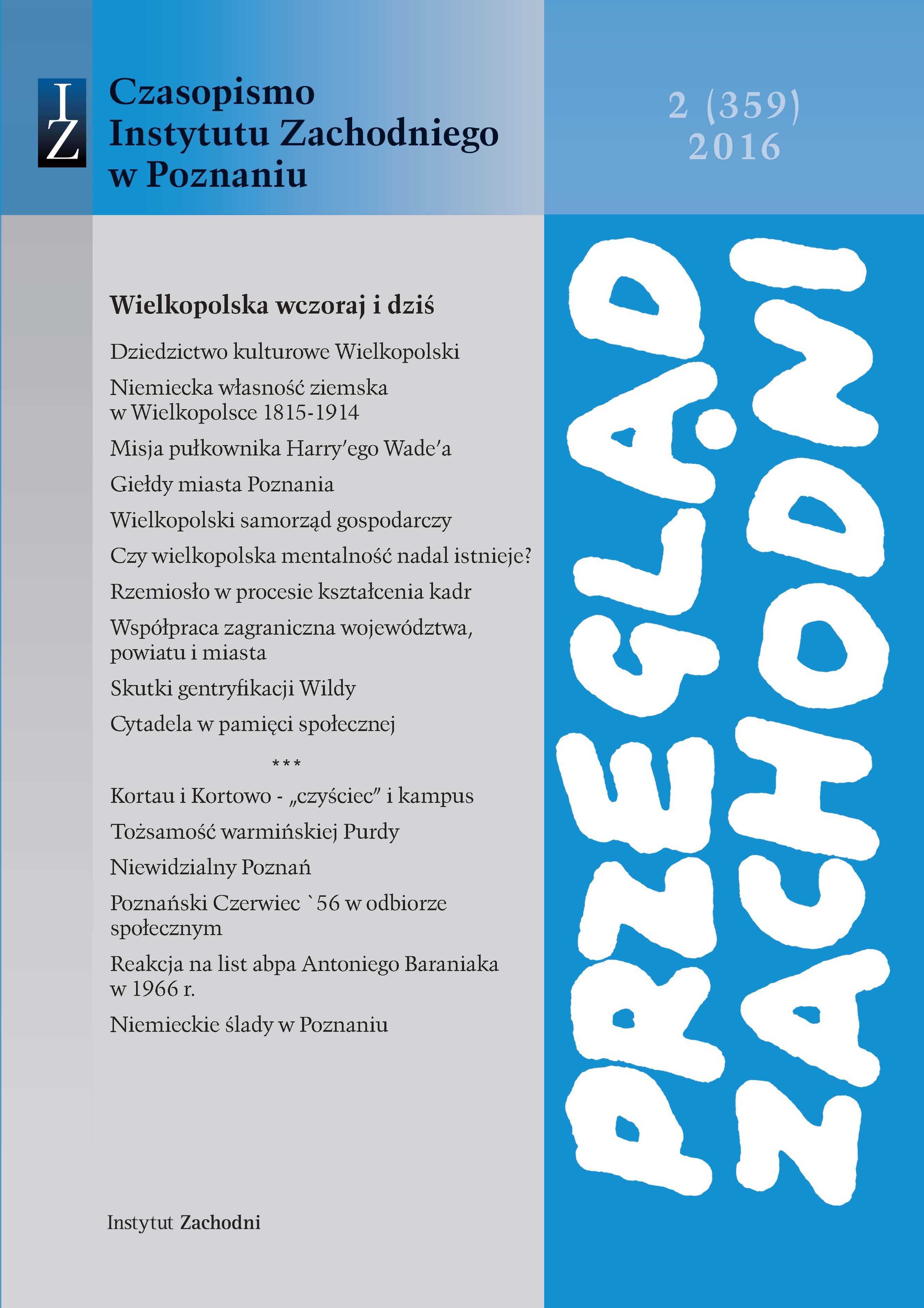Instytucje giełdowe miasta Poznania w perspektywie historycznej
Author(s): Wojciech Szymon Kowalski / Language(s): English,Polish
/ Issue: 02/2016
Keywords: exchange institutions; Cereals and Commodities Exchange in Poznań; Poznań Stock Exchange Ltd.
The article is an attempt to trace the evolution of the Poznań stock exchange and market institutions in a historical perspective. The highly regarded tradition of medieval St. John’s Fairs is one of the sources of the city’s exchange, but the actual origins of this form of trade must be seen in the Posener Börse, which was launched in mid-19th century. The institutional heritage of the 19th century significantly contributed in the next century to the “golden era” of the Agricultural Goods Exchange in Poznań, established in reborn Poland. In the interwar period Poznań was the seat of two exchanges: besides the foremost agricultural exchange there also functioned a stock exchange, much smaller than the one in Warsaw but with a leading position among the regional exchanges of the Second Republic of Poland located in Lwów, Łódź, Kraków, Wilno and Katowice. After the end of the Second World War attempts were made to reactivate commodities exchanges in Poland, among other cities also in Poznań. Soon it turned out that altered political circumstances thwarted the functioning of an institution which was a symbol of market economy, perceived as hostile to the system of socialist market economy. The systemic transformation of 1989/1990 led in 1991 to the reemergence, after over four decades of absence, of the commodities exchange in Poznań’s economic landscape. However, it did not return to its last pre-war and post-war headquarters at 3, Marcikowski Ave., but chose for its location an office block in the district of Winogrady at 3, Gronowa St. After a decade of promising development of the Poznań Stock Exchange Ltd., which was among others a pioneer in deposit stock transactions in Poland, its activity was terminated in controversial circumstances.
More...



